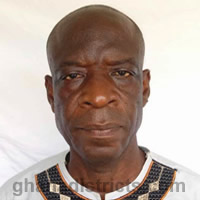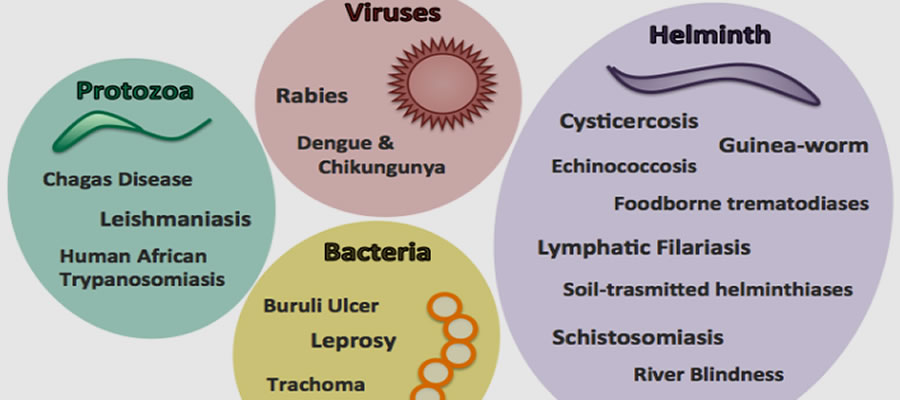

The various legal frameworks which guide local development in Ghana includes: the Civil Service Law, 1993 (PNDC Law, 327), the National Development Planning System Law, 1994, (Act 480) and the Local Governance Law, 2016 (Act 936). These enactments place emphasis on District Assembly in order to reinforce the attainment of total decentralization and participatory development
According to the National Development (System) Law, 1994, (Act 480), all District Assemblies are to submit District Development Plans to the Regional Coordinating Councils which will in turn harmonize the plans with the national development policies and priorities for consideration and approval by the National Development Planning Commission.
The Assembly is empowered to make and enforce by-laws. It exercises deliberative, legislative and executive functions in the district. The Presiding Member who is elected among the Assembly members chairs the Assembly meetings. The Executive Committee of the Assembly is chaired by the District Chief Executive (DCE) and discharges the Assembly’s Executive Powers. The District Administration, which is headed by the District Co-ordinating Director (DCD), has oversight responsibilities in the general administration.
1.7.5 Composition and Functions of the Assembly
The Akyemansa District is currently made up of 4 Area Councils with 38 Assembly members and a Member of Parliament (MP) who is an ex-officio member of the District Assembly. Aside these, the decentralized agencies have offices in the district assembly who are part of the district administration. They include;
- Department of community development and social welfare
- Ghana Health Service
- Police Service
- Ministry of Food and Agriculture
- Environmental and Sanitation Unit
- Works Department
- Information Services Department
- National Commission for Civic Education
- National Disaster Management Organizatio
The functions of the Assembly according to the Local Governance Act 2016, Act 936 are:
- A District Assembly shall exercise political and administrative authority in the district, provide guidance, give direction to and supervise other administrative authorities in the district as may be prescribed by law.
- A District Assembly shall exercise deliberative, legislative and executive functions.
- Without limiting sub-sections (1) and (2), a District Assembly shall;
(a) be responsible for the overall development of the district;
(b) formulate and execute plans, programmes and strategies for the effective mobilization of the resources necessary for the overall development of the district;
(c) promote and support productive activity and social development in the district and remove any obstacles to initiative and development;
(d) sponsor the education of students from the district to fill particular manpower needs of the district especially in the social sectors of education and health, making sure that the sponsorship is fairly and equitably balanced between male and female students;
(e) initiate programmes for the development of basic infrastructure and provide municipal works and services in the district;
(f) be responsible for the development, improvement and management of human settlements and the environment in the district;
(g) in co-operation with the appropriate national and local security agencies, be responsible for the maintenance of security and public safety in the district;
(h) ensure ready access to courts in the district for the promotion of justice;
(i) act to preserve and promote the cultural heritage within the district;
(j) initiate, sponsor or carry out studies that may be necessary for the discharge of any of the duties conferred by this Act or any other enactment; and
(k) perform any other functions that may be provided under another enactment.
(4) A District Assembly shall take the steps and measures that are necessary and expedient to;
(a) execute approved development plans for the district;
(b) guide, encourage and support sub-district local government bodies, public agencies and local communities to perform their functions in the execution of approved development plans;
(c) initiate and encourage joint participation with other persons or bodies to execute approved development plans;
(d) promote or encourage other persons or bodies to undertake projects under approved development plans; and
(e) monitor the execution of projects under approved development plans and assess and evaluate their impact on the development of the district and the local, district and national economy in accordance with government policy.
(5) A District Assembly shall co-ordinate, integrate and harmonise the execution of programmes and projects under approved development plans for the district and other development programmes promoted or carried out by Ministries, Departments, public corporations and other statutory bodies and non-governmental organisations in the district.
(6) A District Assembly in the discharge of its duties shall;
(a) be subject to the general guidance and direction of the President on matters of national policy; and
(b) act in co-operation with the appropriate public corporation, statutory body or non-governmental organisation.
(7) Public corporations, statutory bodies and non-governmental organisations shall co-operate with a District Assembly in the performance of their functions.
(8) In the event of a conflict between a District Assembly and an agency of the central Government, public corporation, statutory body, non-governmental organisation or individual over the application of subsection (5) or (6), the matter shall be referred by either or both of the parties to the Regional Co-ordinating Council for resolution.
(9) The Instrument that establishes a particular District Assembly or any other Instrument may confer additional functions on the District Assembly.
State of Participation of Stakeholders (the Citizenry)
In the context of public participation, a stakeholder can be defined as any person, or group, who has an interest in the project or could be potentially affected by its delivery or outputs. The citizenry including civil society groupings, departments and agencies in the district are offered the opportunity to actively participate in public projects planning and implementation through development communication strategies such as public hearing, stakeholder forums, periodic review meetings and site or walking tours.
However, the communal spirit among the people in most of the communities is fading out hence affecting communal ownership of development projects.
Security
The district is relatively peaceful and everybody is doing his/her normal business. The district an oversight security committee comprising of security agencies and chaired by the District Chief Executive. This oversight security committee collaborates favorably with the traditional council, opinion leaders and District Disaster Department in the prevention and management of security trigger issues. However, the major problem is the lack of police van to convey suspects and convicts to the law court.
Local economic development (LED)
Local Economic Development (LED) is a process that brings together resources from within and outside the community to address these challenges and to promote economic growth in a systematic and organized manner at the local level. A local community needs to research in to its own economic strengths, agree upon a common strategy and organize itself to implement the strategy. In our global environment today, successful economies depend upon being able to adapt to fast-changing national and international market forces.
LED focuses on the district’s potential and identifies specifically what local stakeholders can and need to do to ensure their local community reaches its potential. The present era of globalization has been accompanied by an increasing interest in the role played by localities in economic development and employment creation
Date Created : 3/7/2025 12:00:00 AM








 facebook
facebook
 X
X
 Youtube
Youtube
 instagram
instagram
 +233 593 831 280
+233 593 831 280 0800 430 430
0800 430 430 GPS: GE-231-4383
GPS: GE-231-4383 info@ghanadistricts.com
info@ghanadistricts.com Box GP1044, Accra, Ghana
Box GP1044, Accra, Ghana